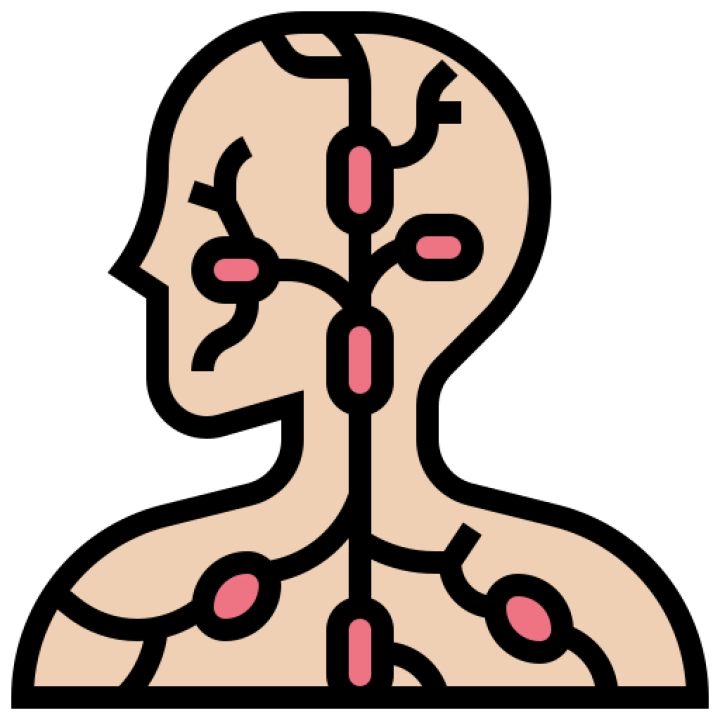College: Graduate School of Health Sciences
This specialization prepares students for a career in physiology, focusing on understanding how living organisms function. Students develop practical laboratory skills and theoretical knowledge to comprehend the mechanical, physical, and biochemical processes of life. Graduates are equipped for roles in research institutions, healthcare organizations, pharmaceutical industries, and educational institutions.
Learning Objectives:
- Understand the fundamentals of physiology, anatomy, and cell biology.
- Develop skills in experiment design, data collection, and analysis.
- Learn techniques for studying organ systems, cellular processes, and molecular mechanisms.
- Explore principles of neurophysiology, cardiovascular physiology, and endocrinology.
- Analyze challenges and opportunities in physiological research and healthcare.
- Develop critical thinking, problem-solving, and analytical skills for physiological studies.
Core Outline:
- Introduction to Physiology
- Overview of fundamental concepts and industry trends in physiology.
- Basics of physiology, anatomy, and cell biology.
- Cellular Physiology
- Principles of cellular physiology, including membrane transport, cell signaling, and metabolism.
- Techniques for studying cellular processes and molecular mechanisms.
- Physiology
- Fundamentals of physiology, including the cardiovascular, respiratory, and digestive systems.
- Techniques for studying the function and interaction of organ systems.
- Neurophysiology
- Principles of neurophysiology, including neural signaling, sensory systems, and motor control.
- Techniques for studying neural processes and brain functions.
- Cardiovascular Physiology
- Fundamentals of cardiovascular physiology, including heart function, circulation, and vascular regulation.
- Techniques for studying cardiovascular processes and diseases.
- Endocrinology
- Principles of endocrinology, including hormone regulation, metabolism, and homeostasis.
- Techniques for studying endocrine systems and hormonal disorders.
- Research Methods in Physiology
- Principles of scientific research methods, including experimental design, data collection, and analysis.
- Techniques for conducting and presenting physiological research.
- Practical Training in Physiology
- Real-world research experiences, including observations, internships, and practical projects in laboratories or clinical settings.
- Application of acquired skills in practical physiological research.
- Capstone Project in Physiology
- A comprehensive project applying skills in cellular physiology, neurophysiology, or cardiovascular physiology.
- Presentation of a refined physiological research project or case study.
Assessment Methods:
Research proposals, lab reports, cellular physiology projects, organ system analyses, neurophysiology studies, cardiovascular physiology reports, endocrinology projects, practical training reports, capstone projects, group projects, and internship evaluations.
Recommended Textbooks:
- "Principles of Physiology" by Walter F. Buron and Emil L. Drawid.
- "Medical Physiology: A Cellular and Molecular Approach" by Walter F. Buron and Emil L. Drawid.
- "Cellular and Neurophysiology" by Thomas R. Coleman.
- "Cardiovascular Physiology" by Donald D. Heistad and Michael L. Marcus.
- "Endocrinology: Basic and Clinical Principles" by Shlomo Melmed and Kenneth S. Polonsky.
- "Research Methods in Biological Sciences" by various authors.
Prerequisites:
Basic knowledge of biology, chemistry, and anatomy. Suitable for students interested in physiology, biomedical research, and healthcare fields.
Duration of the Specialization:
Typically 4 years for a bachelor's degree, including coursework, projects, practical training, and internships.
Certification:
Graduates can earn a degree in physiology and pursue further education or professional certifications in related fields, such as a master's or doctorate in physiology, biomedical sciences, or related health professions.
Target Audience:
Aspiring physiologists, biomedical researchers, healthcare professionals, and individuals seeking careers in physiology, biomedical research, healthcare, and related fields. This specialization provides students with the practical, theoretical, and analytical skills necessary to excel in physiology, supporting careers in research, healthcare, and related fields.


